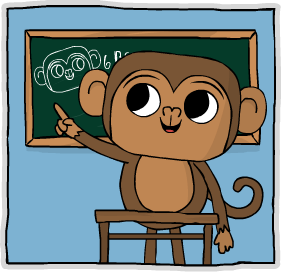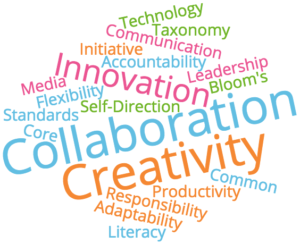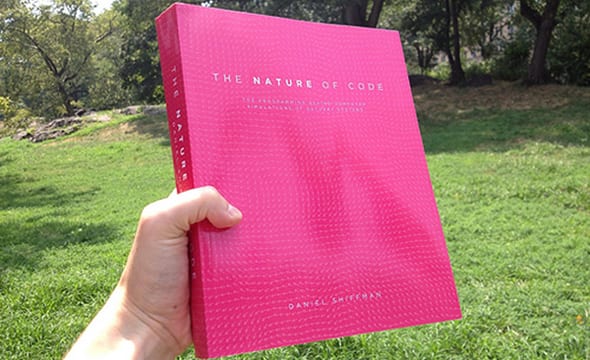Globally, education systems are embracing Computer Science as “the 4th science” — recognising the vital role it plays in 21st century life and employment. The skills gap is already severe and widely acknowledged, and on a broader scale, governments are intervening to safeguard the future employment prospects of their labour forces and the competitiveness of their economies, for investment and job creation, in a global marketplace.
We believe that the theory and practice of Computer science needn’t be mutually exclusive — that new technology can enhance and improve the teaching of core computational thinking skills and their practical creative expression in programming.Created originally to take the pain out of teaching computer programming, Codio’s mission is to deliver a teaching and learning experience that stimulates this creative potential in every student, developing the next generation of creators and not just consumers.
That’s why we empower teachers and students with the technology and learning resources needed to succeed.
By embracing the ideas that students and teachers are individuals, teaching styles differ and students advance at their own pace, Codio enables teachers and lecturers to support and coach students to better outcomes, and self-learners to master skills at their own pace.
We plan to apply the Codio technology and learning experience to other subjects in the future.
Source: Our Mission



